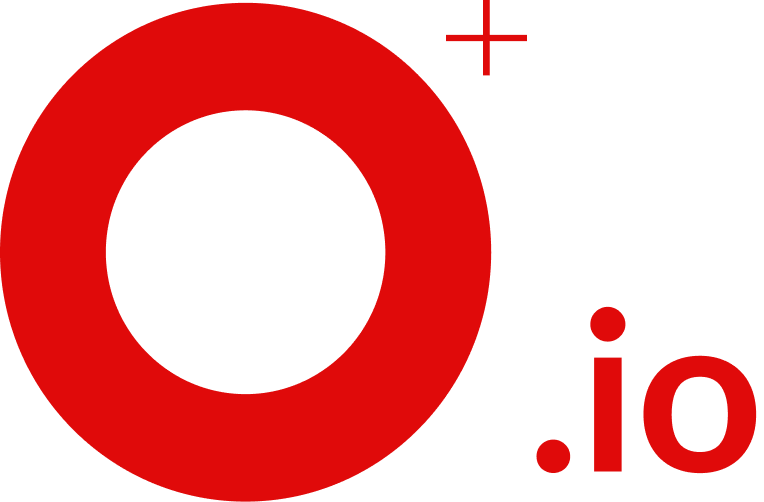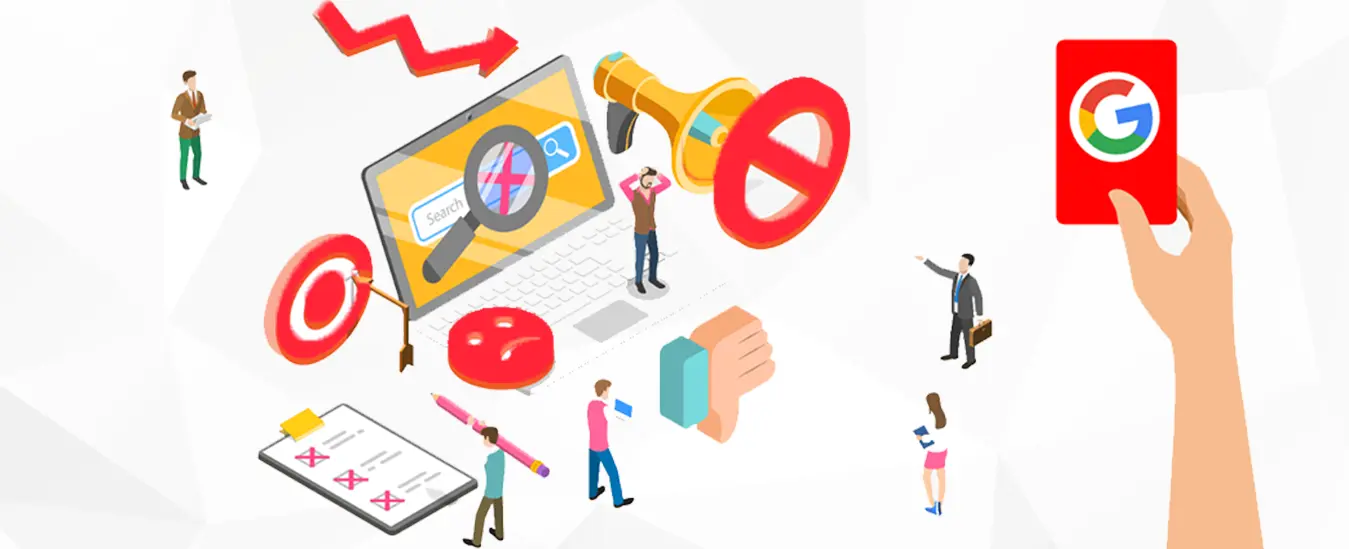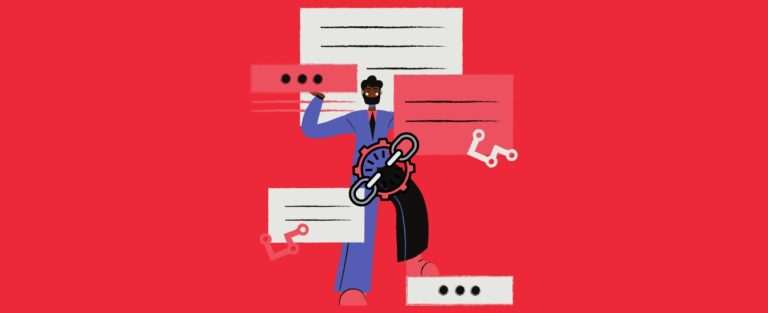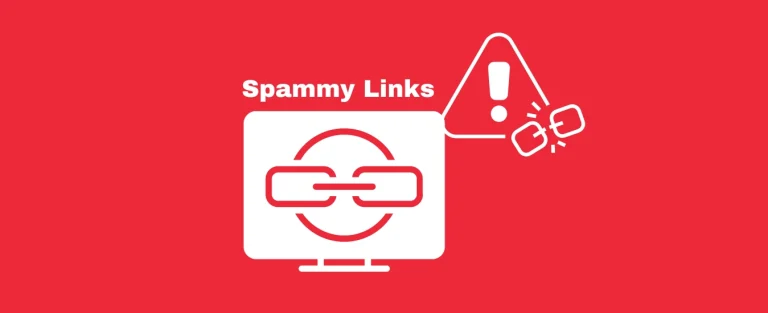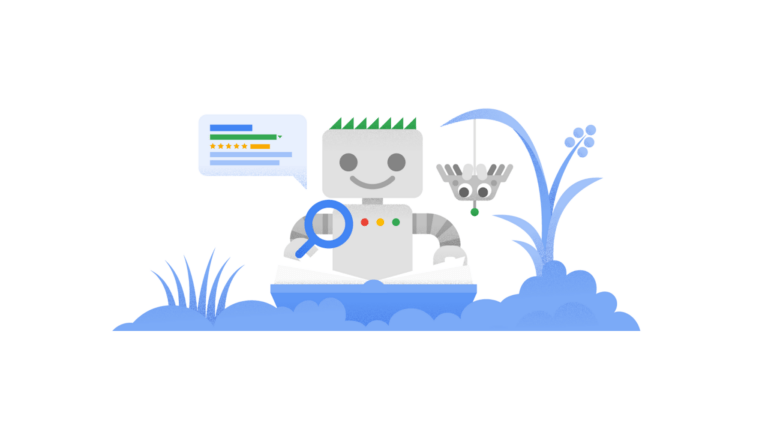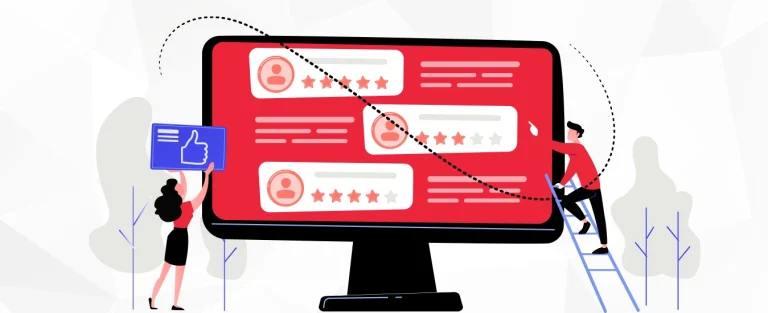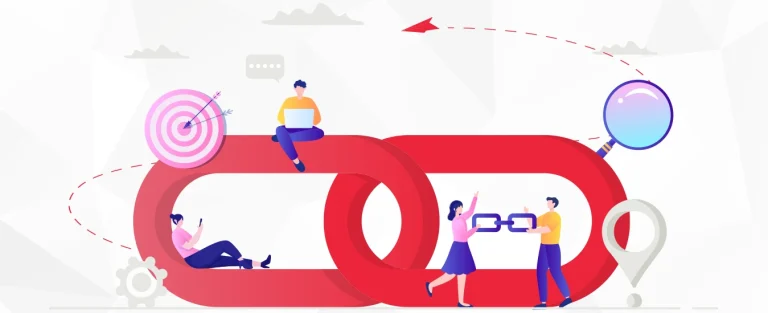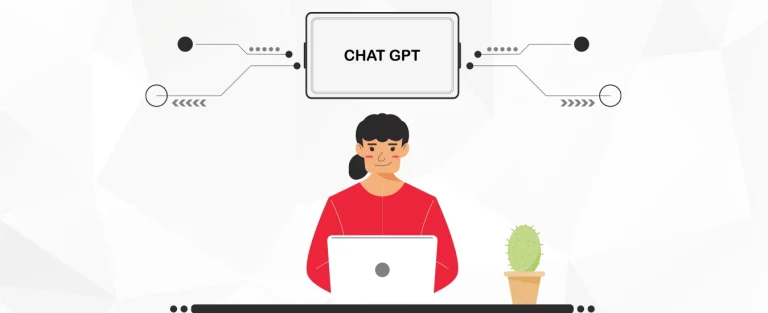How to Recover From a Google Penalty?
When it comes to doing business online, Google is by far the most important search engine platform. Gaining a high Google page rank is crucial to the success of any website. If Google wants to provide its consumers the greatest possible search results and a better overall experience, it has to keep improving its algorithms. The fact that Google can and does punish sites that violate its criteria is, nevertheless, a sobering reality. Every website may suffer a major setback if Google penalizes it, but there are methods to bounce back.
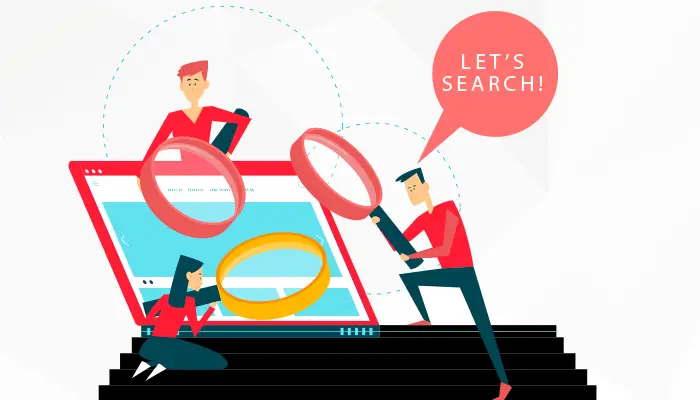
What Is a Google Penalty?
A website receives a Google penalty if the search engine giant decides it deserves to take action against it. Such penalties include lower search engine ranks or complete removal from indexes. Websites that use black-hat SEO methods like keyword stuffing, cloaking, purchasing links, and duplicate content will be downgraded in search engine rankings by Google. Google wants to make sure that spammy or otherwise inappropriate websites don’t hurt its users.
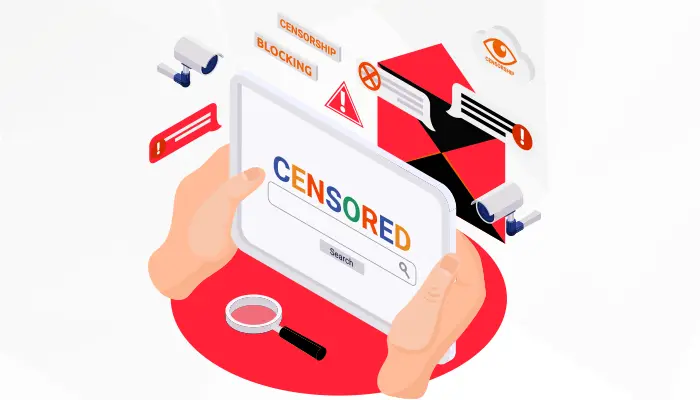
Types of Google Penalties
When it comes to google penalty you might get either a manual penalty or an algorithmic penalty.
- Manual penalty– When an employee of Google examines a website and determines that it violates Google’s criteria, the person will manually apply a penalty. The worker then applies a fine to the online platform. As a general rule, google manual penalties are harsher and harder to recover from than algorithmic ones.
- Algorithm penalty- Google’s algorithms automatically identify websites that break Google’s criteria and apply a penalty to them in the form of an algorithm. It’s true that google algorithm penalty aren’t as harsh as human-applied ones, but they might still result in a rating decline.
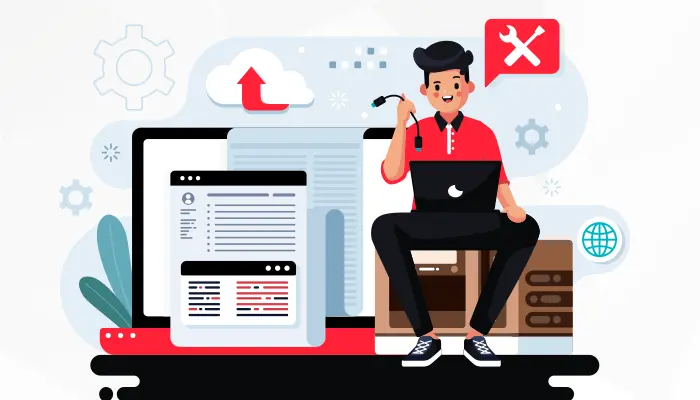
What can be the reasons of Google Penalties?
A Google penalty might be the result of a number of different factors. Some of the most frequent are as follows:
- Content duplication: Google may downgrade your site’s ranking if it has material that is similar to or identical to that found on other websites. Use Google penalty checker, to get the best results.
- Keyword stuffing: To “keyword stuff” is to overuse a keyword or set of keywords in an article or other piece of material on a website in an effort to improve the site’s search engine rankings. Google may take action against your site if they find evidence of keyword stuffing.
- Link buying: Buying links from other websites is known as “link buying,” and it is done to boost a website’s search engine ranks via artificial means. Google may penalize your site if it discovers you have used paid links to increase your rankings.
- Cloacking: The term “cloaking” refers to the technique of hiding information from search engine spiders (like Google’s) while concealing it from human visitors (like themselves). Cloaking might result in a penalty from Google.
- Thin content: The term “thin content” is used to describe material that provides little to no real benefit to readers. Google might downrank your site if it has low-quality material.
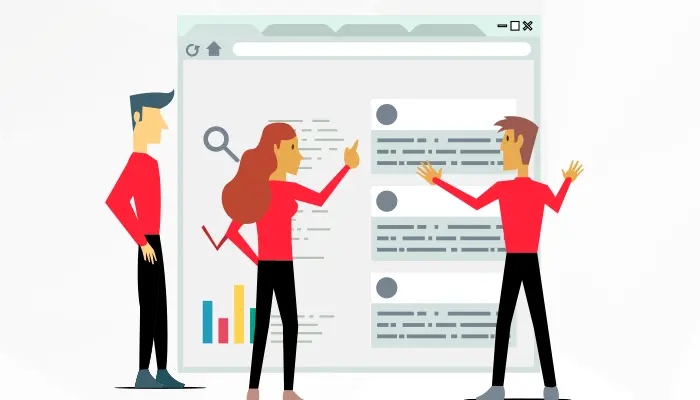
Recover From a Google Penalty Step-by-Step
Don’t freak out if Google has downgraded your website’s ranking. There are options available to help you get out from under the fine. See how below:
- Determine the Consequence
Finding out what kind of Google penalty your site has gotten is the first step in fixing it. Google will let you know via your Google Search Console account if you have been hit with a manual penalty. If your site has been hit with a manual or algorithmic penalty, you’ll want to investigate its structure and content to find out why.
- Evaluate your website’s performance.
After you know what kind of penalty you’re up against, you may begin investigating your website to find out why it was penalized. Tools like Google Analytics and Search Console might help you spot problems with your site. You should inspect your site for problems like thin content, duplicate content, broken links, and spammy backlinks.
- Repair the Damage
In order to improve your website, you must first pinpoint the problems. Depending on the situation, this might include rewriting material, getting rid of spammy backlinks, or repairing broken links. Until you fix all the problems on your site, Google may slap you with another penalty if it finds further infractions.
- Ask for a Second Look
A reconsideration request must be sent to Google if you have been hit with a manual penalty. Reconsideration requests should contain an in-depth analysis of how the site’s problems have been fixed. It’s crucial to be open and honest with Google, showing them the results of your efforts.
- Patience
Google penalties are difficult to recover from. Be patient and keep refining your site until it reaches its full potential. Depending on the nature of the penalty and the actions you have taken to rectify the situation, Google might take anywhere from a few days to many months to remove the penalty from your site’s rankings.
- Keep an Eye on Your Site
It is crucial to keep an eye on your website’s performance after fixing the problems and submitting a reconsideration request. If you want to keep tabs on how your website is doing in terms of search engine rankings and visitor numbers, you may use tools like Google Analytics and Google Search Console. In the event that you discover any new problems, it is imperative that you resolve them without delay to prevent incurring further fines.
Conclusion
In sum, overcoming a Google penalty may be difficult and time-consuming. Following the aforementioned procedures and putting in the effort to produce high-quality content that adheres to Google’s criteria can help you in google penalty recovery and boost your website’s ranks. Do your best to wait it out and keep an eye on your site’s analytics to prevent any more penalties.
FAQ’S
- So how does one get back on track after being hit with a manual link penalty?
The first step in reversing a manual link penalty is finding the offending links. Find a way to have those connections deleted or disavowed after you’ve found them. The next step is to fix the problem and then file a reconsideration request to Google for Google penalty recovery service. Depending on the nature of the penalty and the actions you have taken to rectify the situation, Google might take anywhere from a few days to many months to remove the penalty from your site’s rankings.
- How long does it take to get out of Google’s penalty?
Time to recover from a Google Penalty is proportional to the severity of the penalty and the extent to which your website has been modified to address the issue. Google might take a few weeks, or perhaps months, to reverse the penalty. It’s crucial that you keep working to enhance your website and exercise patience throughout this period.
- How do I avoid SEO penalties?
The best way to avoid search engine penalties is to adhere to Google’s recommendations for building useful, high-quality websites. Avoid black-hat SEO methods like keyword stuffing and purchasing backlinks, and instead put your energy into developing high-quality, original content. Search engine penalties may be avoided if you keep an eye out for problems like broken links, spammy backlinks, and duplicate content and fix them as soon as possible.
